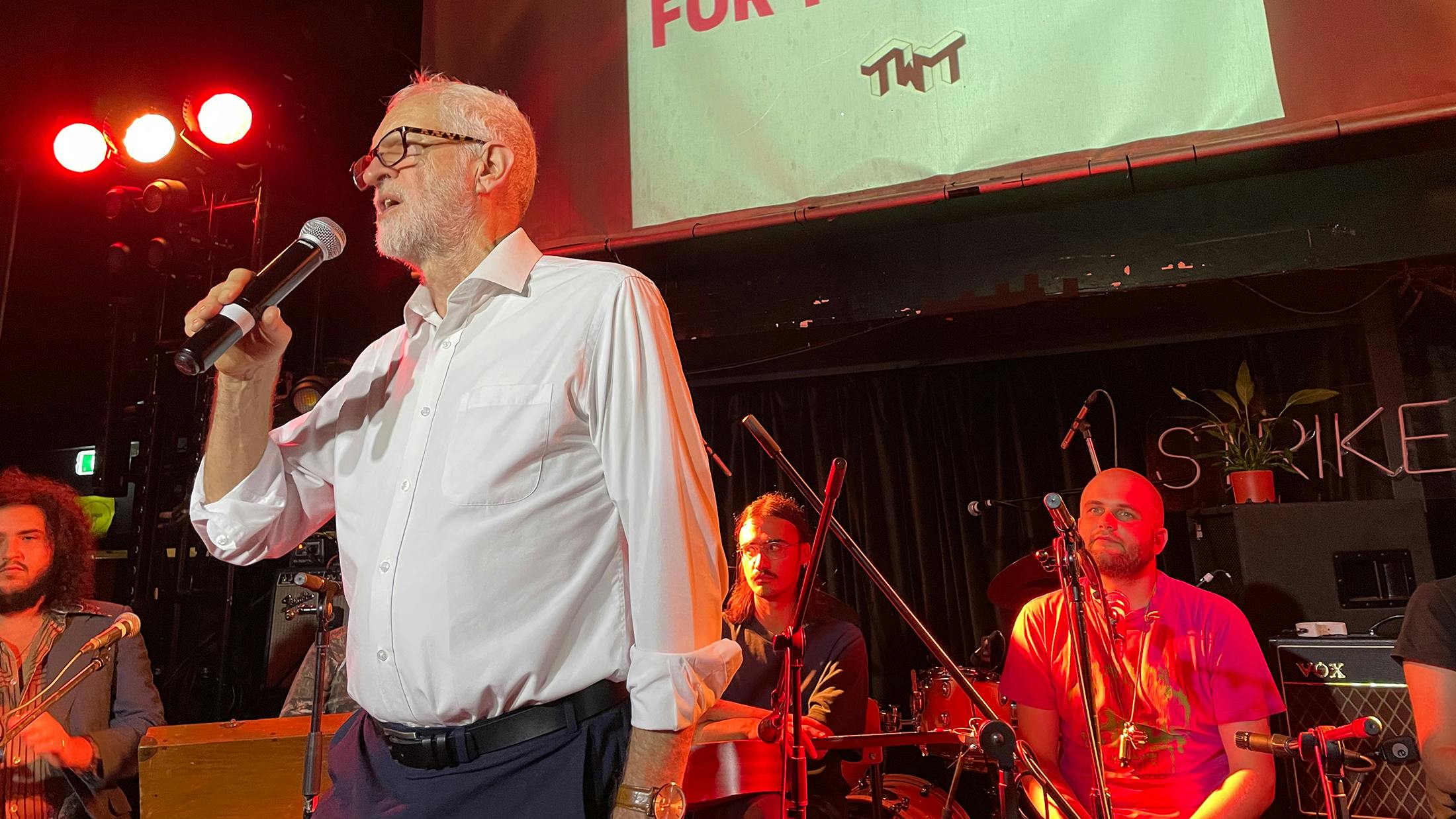The threat to the future of British music is severe and imminent.
The latest annual report by the Music Venue Trust revealed that 2023 was the worst year for grassroots music venues yet, with as many as one a week shutting its doors permanently.
It is absolutely no exaggeration to say that, without urgent action, we face the real risk of losing an entire generation of talent and artistry to cuts and austerity. Without grassroots music venues, up-and-coming performers, bands and musicians will not be granted the necessary space to harness and develop their craft, or build enough of a following to move on to bigger things such as record deals or the chance to play at larger concert venues.
With that in mind, it is not unreasonable to say that the massive corporations, many of whom have reported massive profits in recent years, should pay their fair share into the delicate ecosystem of British live music.
That is exactly what the Music For The Many campaign, set up by the Peace & Justice Project, demands. Those companies putting their own name in lights on Britain’s music venues should pay a small levy on ticket sales that can be directly re-invested into a specific Grassroots Music Venue Fund to ensure the long-term security of grassroots music venues.
For example, a levy of just 50p per ticket on a sold-out show at London’s O2 Arena could raise £10,000 in one night. With many grassroots music venues operating on profit margins smaller than 0.5 per cent, this money could be a lifeline and support vital repairs, accessibility upgrades and new equipment.
For far too many grassroots music venues, any shock to their delicate operating costs can be the difference between staying open or shutting down for good.
